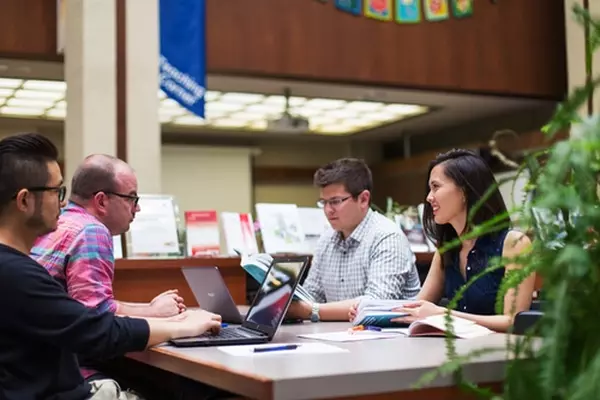RBJSE March 7, 2026
The Rosa Bruno-Jofré Symposium in Education is an annual gathering organized for and by graduate students in the Faculty of Education at Queen’s University. It features educators and graduate student presenters from across Canada.

Call for Proposals RBJSE 2026
We invite submissions on community-engaged research, teaching, and learning from students whose research and practice are relevant to this theme and its diverse audiences. We are seeking contributions to education in the broadest sense that demonstrate academic quality, community engagement and excellence. Submissions should be in the form of a 250-word (maximum) abstract.
What is community engaged research? Community-engaged research is a collaborative approach where researchers and community partners work together to co-create meaningful, research-driven solutions that support belonging and address key educational challenges. (Taken from the Centre for Community Engagement and Social Change)
Submissions are due January 31 at 11:59 pm
Find out more about Proposals:
FAQs
Common questions regarding presentations, accommodations, and parking.
1. Roundtable Presentation
A roundtable presentation is an opportunity to receive feedback on proposed research in an informal, collaborative environment. Presenters will orally present their proposed research to facilitate discussion, with 5 minutes for presentation and 5 minutes for discussion, questions, and feedback. The session participants will take on the role of asking questions and providing feedback.
2. Poster Presentation
A poster presentation is an opportunity to receive feedback on works in progress. Presenters will present their work in progress using a poster to facilitate discussion, with 10 minutes for presentation and 5 minutes for discussion, questions, and feedback. Please follow common poster guidelines. Typical posters are 48" x 36", but slightly smaller or larger is permissible.
3. Lecture Presentation
This presentation format is often selected when the presenter’s goal is to present data or academic findings from a polished, soon-to-be complete or finished research study. Each paper presentation will be 20 minutes in length, including 15 minutes for the presentation and 5 minutes for questions and discussion.
4. Alternative Presentation
An alternative presentation format provides participants with an opportunity to present their academic work in a creative way. Participants may present as part of a group or as an individual. The purpose of the presentation should be clearly articulated and related to the conference theme and should be no longer than 10 minutes. Possible formats include, but are not limited to:
- Pecha Kucha: present your research in 20 slides with 20 seconds per slide.
- 3MT: present your research and its wider impact in 3 minutes or less with one slide and no props.
- Art Gallery: an asynchronous format for the duration of the conference. Examples include poetry, visual art or representations, etc.
The event will take place at Duncan McArthur Hall on a weekend. Parking is free and there is both a parking lot at the front of the building and at the rear of the building.
There will be a registration table in the front hall of Duncan McArthur Hall outside the Education Library.
Coming soon.
Educational Research
Learn more about research being done at Queen's University, Faculty of Education.
Our conference is generously supported by
Contact Information
Email us your questions and concerns, and follow us on Instagram for updates and events!


